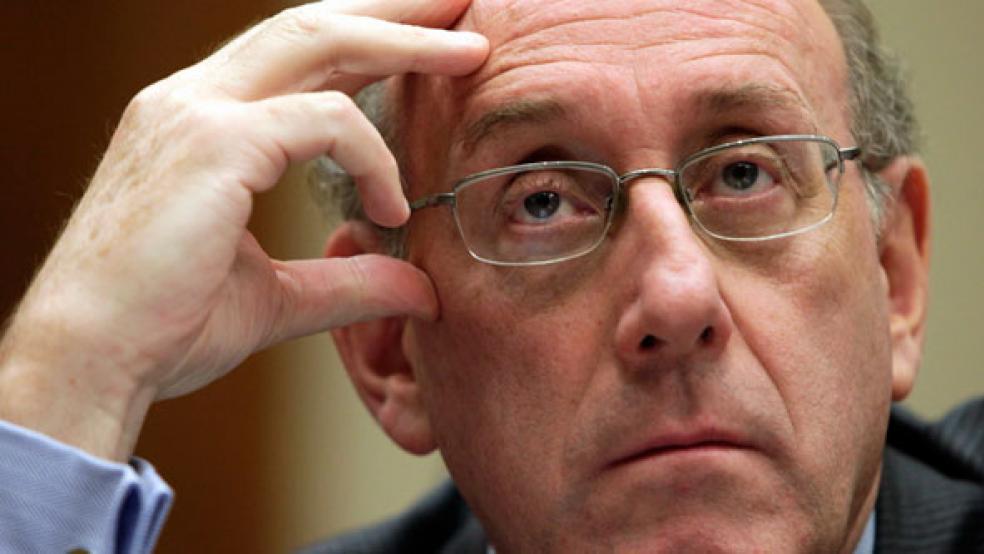At least one person in Washington knows how to negotiate. Kenneth Feinberg, who negotiated the payments for victims of 911 as well as the BP victims fund, could probably get President Obama and House Speaker John Boehner to cut a deal on the fiscal cliff before Christmas.

Not only does he think it’s a non-starter to bring in a mediator (although many Americans wish they would), he told The Fiscal Times Friday morning that the two camps probably have a deal tucked away in their back pockets. He said that both Obama and Boehner “are perfectly capable of finalizing a deal without the help of a third party.”
“Time is a very important lever,” said Feinberg, and to resolve the current standoff in Washington, he says that “both sides, on behalf of their constituents, will walk right up to the deadline. It might be Christmas Eve, it might be New Year’s Eve – but I would suspect that both sides, with their very sophisticated and experienced negotiators, will walk right up to the cliff, look at the calendar, and strike a deal for the good of the country.”
Feinberg added, “Everybody focuses on substantive content – here’s what we want in the way of taxes, here’s what we want on spending – but in a way this is all faint and dodge.”
RELATED: Economy Faces Cardiac Arrest Over Cliff Stalemate
An attorney whose skill at mediation and dispute resolution led to his appointment as head of the BP Deepwater Horizon Disaster Victim Compensation Fund, as well as the September 11th compensation fund, Feinberg said he believes that “both sides are ready, at the 11th hour, to bend in order to accomplish a deal, and I suspect that at the end of the day, the deal will be on a piece of yellow paper.”
The two major sticking points – tax increases for Republicans and entitlement cuts for Democrats – are so hardwired within each party that any compromise on either side could brand both the negogiator and the party as a failure.
Recognizing this, Feinberg said, “Neither side will take credit for the deal, but they will say, ‘This is the deal, we’ll sign it, and we have no pride of authorship on this deal.’ It will not be that the Speaker capitulated on taxes, and or Obama capitulated on spending. [Instead], it will be, ‘Here is the deal … if you like it, we’ll take credit for it, and if you don’t like it – blame the other guy.’ It will be a generic deal that they will both simply sign at the bottom.”
Feinberg says he does not think either side stands to lose ground in the public’s estimation the longer this standoff continues. “As long as there’s a deal reached and the fiscal cliff is averted, both sides will achieve a tremendous political success,” he said. “And that’s what I would expect when you have two expert negotiators like the president and the speaker.”
Unlike in labor negotiations or other settlements, where each side is firmly set on its point of view, Feinberg said that resolving the fiscal cliff is especially hard because of the difficulty each side has in delivering its own constituency.
“It’s not as if the negotiators speak for all of their respective constituents. Their constituents are all over the lot. And that makes it very difficult for each side to deliver a compromise when they confront a very restless constituency. Effective negotiation usually requires that the negotiators have the support of their constituents,” he added. “Here, it’s very, very difficult in what each of them confronts.”


